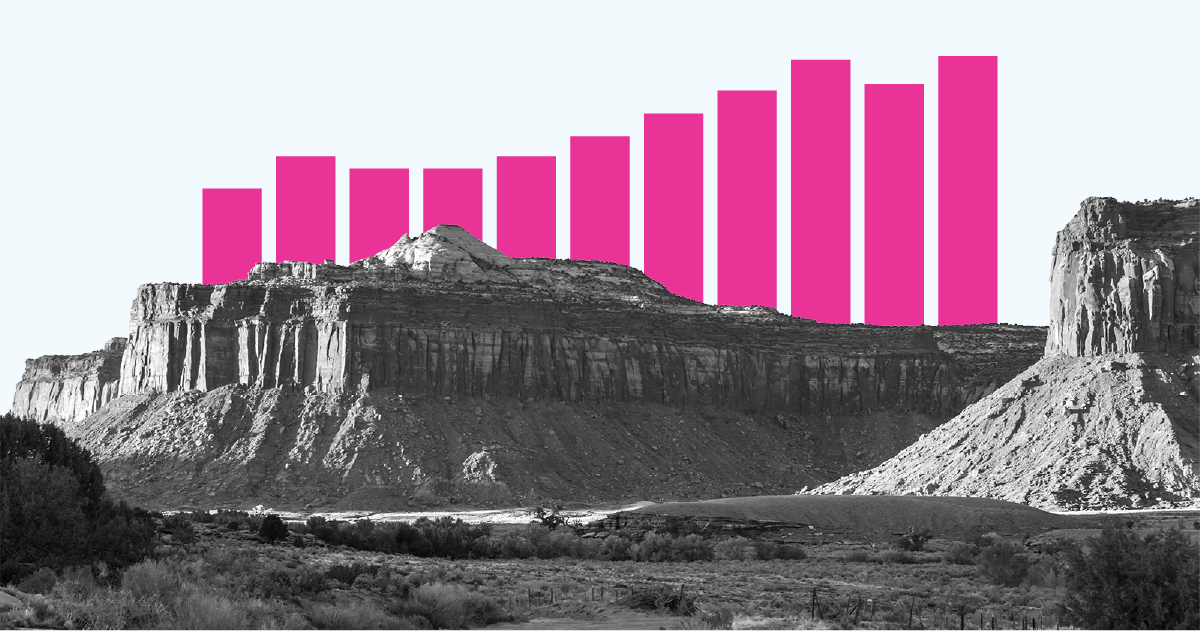https://en.wikipedia.org/wiki/2022_North_American_heat_waves
Resolves YES if 1000 or more people die in American heat waves this year.
Otherwise resolves NO.
Related to this market:
🏅 Top traders
| # | Name | Total profit |
|---|---|---|
| 1 | Ṁ182 | |
| 2 | Ṁ102 | |
| 3 | Ṁ88 | |
| 4 | Ṁ61 | |
| 5 | Ṁ38 |
People are also trading
This link from Nov 27 says there have been 1784 heat deaths so far in 2023 and it's based on CDC data
https://stateline.org/2023/11/27/some-states-act-to-protect-residents-from-extreme-heat-with-a-new-focus-on-young-people/
Heat is an increasing cause of death in the United States, with casualties almost doubling from 2010 to 2022 (The Guardian, 2023). Environmental specialists believe that heat waves and their consequences will see a spike in 2023 because of climate change (The Guardian, 2023). According to the CDC, in 2022 alone, heat-related deaths rose to 1714 in the US (USA Facts, 2023).
An article from CNN (2023) highlighted that, in only five counties, 147 deaths had already occurred by the start of August. All data suggests that heat waves will cause more than 1,000 deaths in 2023.
I wound up going down an interesting internet rabbit hole on this subject. Amazing how poorly this data is tracked
Maricopa made headlines with 425 confirmed deaths (with 199 under investigation). Pima (64 by August) and Pinal (42 just in July) counties also had several.
The Texas tribune reported 97 deaths in Texas by early Sept (seems likely to be an undercount)
CA data is weirdly hard to find but there have been at least 18 in Imperial county and 2 in Riverside
Louisiana reported 25 by 8/22. Also likely an undercount given LA had it's hottest summer ever
So that's a very incomplete tally of deaths in just 2 states and a few counties in 2 others totaling 699 deaths
There were over 1700 US heat deaths in 2022 and heat deaths have exceeded 1000 in 4 of the last 5 years with a sharp upward trend. My money's on YES
The 2021 heat wave around Cascadia (OR, WA, BC) killed ~1,400 people (600 in the U.S.), so it's definitely possible, especially if a heat wave strikes somewhere densely populated like SoCal or the mid-Atlantic coast (from DC up to Boston, there's a basically uninterrupted series of densely populated metros.)
